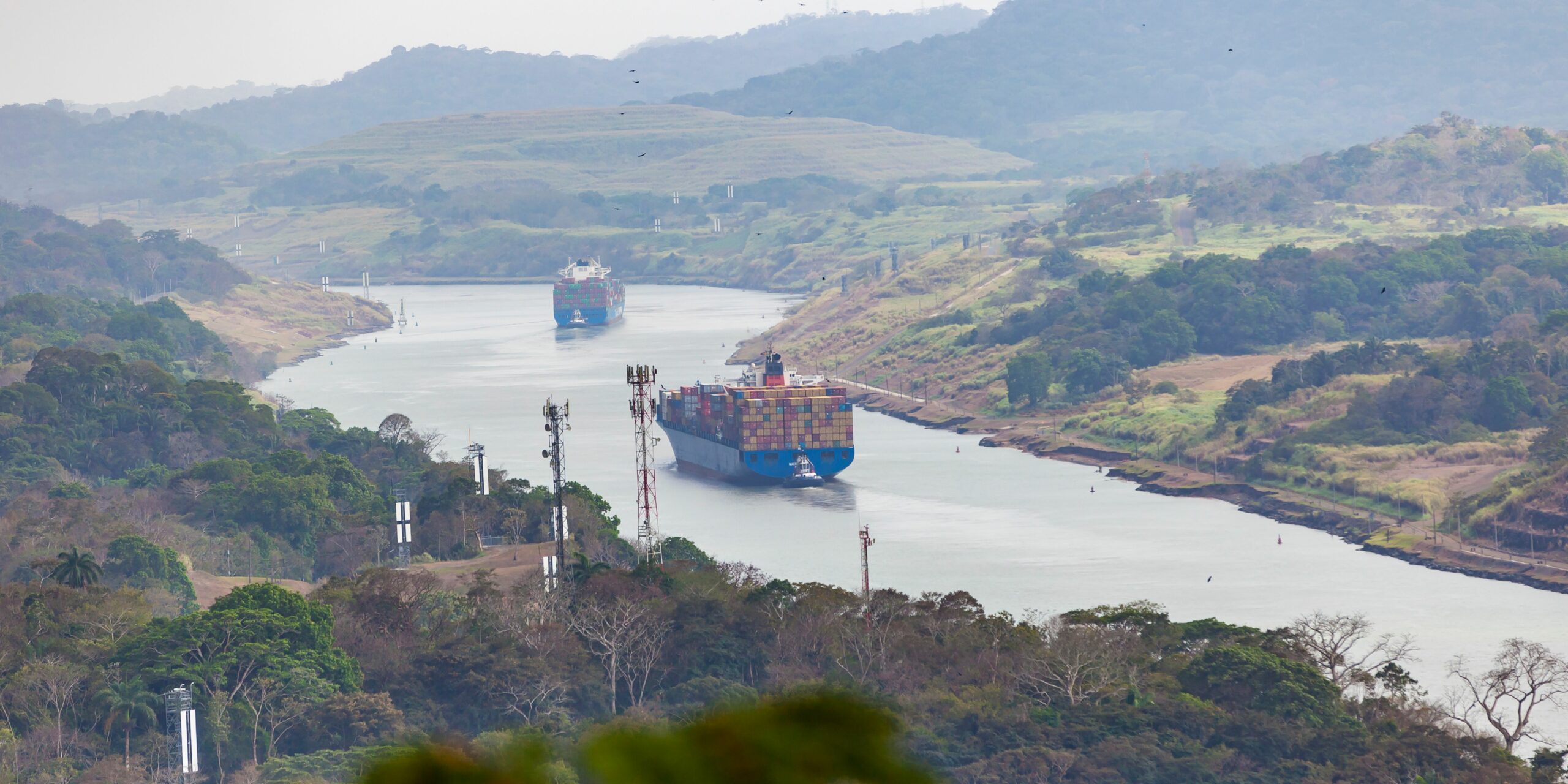Navigating Drought Challenges: Panama Canal Authority Considers Adjusting Vessel Transits
The Panama Canal is a vital waterway connecting the Atlantic and Pacific Oceans, enabling efficient global trade. However, the recent drought in the region has presented challenges for the Panama Canal Authority (ACP). In this blog, we will explore how the ACP is handling the impact of the drought on vessel transits and their efforts to mitigate the associated disruptions.
The Impact of Drought on Vessel Transits
The severity and duration of the drought have led the ACP to take action to manage vessel transits effectively. Due to the backlog of vessels waiting to pass through the canal, the ACP has temporarily suspended bookings for super-category vessels until September 30, 2021. The backlog primarily affects vessels carrying 4,000-5,000 twenty-foot equivalent units, which do not qualify for the ACP’s reservation system.
Maintaining Daily Passages
Reducing daily passages is a significant factor in the backlog of vessel transits. As a result, the ACP has implemented daily transit limits and vessel draft restrictions earlier this year. Unfortunately, due to the persistence of the drought, these limitations will likely remain in place until around the same time next year.
Utilizing the Queueing System
To minimize disruptions and manage vessel transits efficiently, the ACP encourages vessel operators to utilize the queueing system to reserve a slot. With a slot secured, vessels can avoid extended waiting times. However, vessels without a slot must wait for others with scheduled transits, resulting in an average wait of approximately 5.8 days for general cargo vessels.
Possible Reduction in Vessel Transits
Ricaurte Vásquez, the administrator of the ACP, has indicated that if water levels do not recover sufficiently, there may be a need to further reduce vessel transits to maintain a draft of 44 feet. However, the ACP reassures all existing reservations will be honored, prioritizing the smooth flow of canal traffic.
Long-term Solutions and Monitoring
While addressing the immediate challenges caused by the drought, the ACP is also actively seeking long-term solutions to maintain fluidity in canal transit. Additionally, they are monitoring the situation by the hour and real-time rainfall data. Their objective is to minimize disruptions for vessel operators while ensuring the sustainability and reliability of canal operations.
The Panama Canal Authority faces a significant challenge in managing vessel transits due to the ongoing drought. By suspending bookings for certain vessels, implementing daily transit limits, and maintaining vessel draft restrictions, they strive to balance the demands of canal traffic with prevailing conditions. As they continue to monitor the situation and explore long-term solutions, the ACP remains committed to honoring existing reservations and minimizing disruptions in this crucial global trade artery.
*Disclaimer: This blog is sourced from https://www.freightwaves.com/news/panama-canal-authority-vessel-transits-may-be-reduced-if-drought-persists

Exporting Procedures Course
This Exporting Documentation and Procedures Course is a must for all exporters. Our expert instructor provides you with practical Do’s and Don’ts of Exporting that will deepen your understanding of the process. With our comprehensive text as your day-to-day resource, you’ll be equipped to handle every aspect of exporting with ease. We update our Exporting course annually to ensure it reflects current practices and regulations, so you can be confident that you’re staying ahead of the curve.






